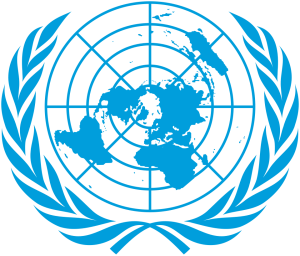The World Health Organisation (WHO) has raised concern over the high rates of maternal and newborn deaths in the African region, revealing that an estimated 178,000 mothers and one million newborns die each year—many from preventable causes.
In a statement marking World Health Day on April 7, themed “Healthy beginnings, hopeful futures”, WHO stressed the urgent need to improve maternal and newborn health across the continent.
Despite a 40% drop in maternal mortality since 2000—from 727 to 442 deaths per 100,000 live births—Africa still accounts for 70% of global maternal deaths. The region must increase its annual reduction rate 12-fold to meet the Sustainable Development Goal (SDG) of fewer than 70 deaths per 100,000 live births by 2030.
Neonatal mortality and stillbirths have also declined by over 30% since 2000, but sub-Saharan Africa remains the hardest-hit, accounting for nearly half of global newborn deaths and stillbirths. At the current pace, the region is projected to miss the SDG target for neonatal mortality by 2030.
Dr. Chikwe Ihekweazu, WHO’s Acting Regional Director for Africa, emphasized the need for greater investment in maternal and child health, stating: “Every dollar invested delivers major returns: healthier families, stronger societies, and sustainable economic growth.”
Key barriers include insufficient funding, health worker shortages, weak health systems, and recurring crises, such as disease outbreaks and conflict. Leading causes of maternal deaths include haemorrhage, infections, and unsafe abortions, while newborn deaths are often due to preterm birth, complications, and sepsis.
WHO is supporting African countries with maternal and newborn health acceleration plans, improved antenatal and postnatal care, and increased access to skilled health personnel. Currently, over 60% of countries in the region report that more than 80% of births are attended by skilled personnel, up from 28% in 2010.
The agency is calling on governments, donors, and communities to scale up efforts and ensure that pregnancy and childbirth are no longer life-threatening for African women and their babies.









